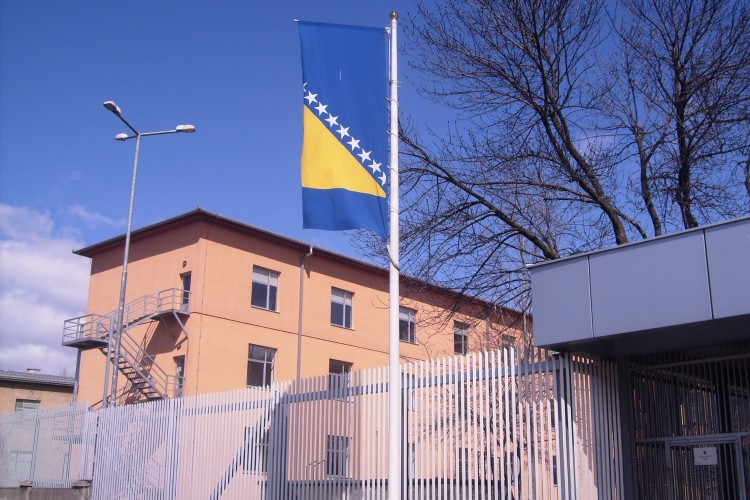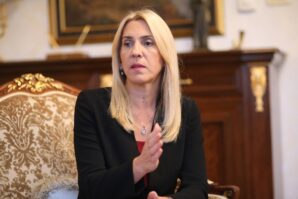
Recent challenges by the Republika Srpska (RS) authorities – led de facto by BiH Presidency member and leader of the main Serb party, the Independent Union of Social Democrats (SNSD), Milorad Dodik – to the fundamentals of the General Framework Agreement for Peace (GFAP), including my office, the decisions of my predecessors, and the appointment of my successor, as well as to the sovereignty and territorial integrity of BiH, as part of their longstanding policy aiming roll back reforms and reclaim competences from the State, as I have enumerated in my reports, including my special report in 2016, are a cause for concern. In March, the RS National Assembly (RSNA) adopted several conclusions in this regard, which also call for an end to the military component of the international mission in BiH under Annex 1A of the GFAP. Most troubling, the RSNA calls on local political actors to engage in discussions on the future of BiH and warns that if the issue is not tabled on the agenda soon, “talks on peaceful dissolution should be launched.”
The mention of “peaceful dissolution” while also calling for the withdrawal of the international military presence in the country can only be interpreted as a threat to the sovereignty and territorial integrity of BiH, and thus to the peace and stability of the country, which is assuredly how a great many of its citizens understood it. I must reiterate that the Peace Implementation Council Steering Board (PIC SB) has consistently reaffirmed its unequivocal commitment to the territorial integrity and fundamental structure of BiH as a single, sovereign state comprising two entities. There will be no redrawing of the map of BiH.
While the leaders of the RS focused their attacks against the GFAP and the State of BiH, the Federation remained barely functional. A new Federation Government is still not appointed, two and half years since the October 2018 General Elections, which is inconceivable in a democratic state based on the rule of law, under free and fair elections.
The sitting Government from the previous mandate is missing two ministers, and their replacements cannot be appointed because the main Croat party, the Croat Democratic Union of BiH (HDZ BiH), and the main Bosniak Party, the Party of Democratic Action (SDA), remain mired in a stalemate over electoral reforms, and the former has vowed not to support any new appointments in the Federation until an agreement is reached. I deplore the fact that one of these elements has become a precondition to discuss the other. The formation of authorities should be an absolute priority for all political parties in democratic societies. BiH should be no exception. Meanwhile, the Federation Prime Minister (SDA) and Deputy Prime Minister (HDZ BiH) are embroiled in a corruption scandal, on trial for the dubious procurement of 100 ventilators at the start of the pandemic, the suitability of which in critical COVID-19 cases has frequently been disputed and is being investigated by the competent authorities.
At the State level, there is complete stagnation, evidenced by the poor legislative output of the BiH Council of Ministers (CoM) and the BiH Parliamentary Assembly. During the current mandate, apart from budget acts, only one new law has been fully adopted. This is part of a general decline in legislative output over the past several mandates but is nonetheless a new low.
In such an environment, it should come as no surprise that the BiH authorities have made no progress in implementing the 5+2 Agenda, with the exception of the continued positive trend in Brčko District. Not only is there no progress on the other objectives, there are frequent attempts to roll back existing reforms in crucial areas.
















